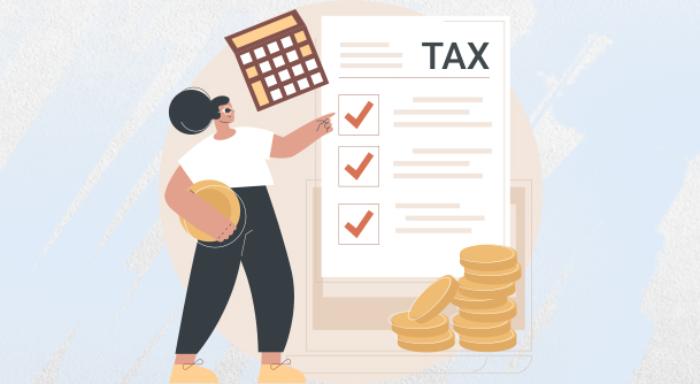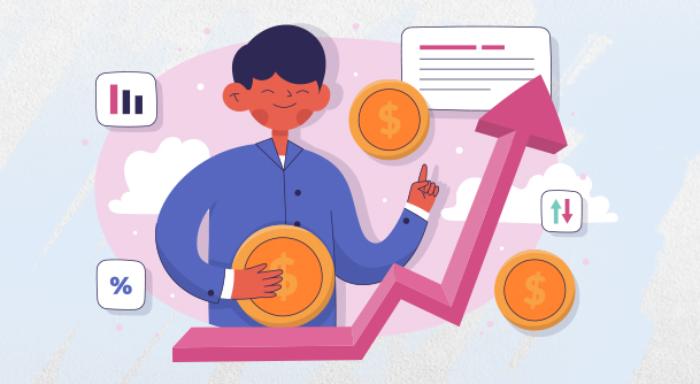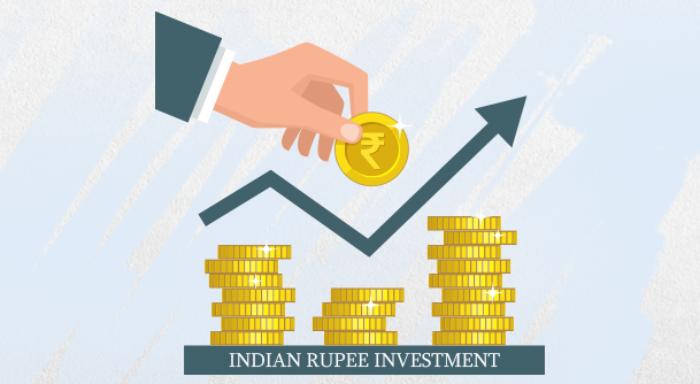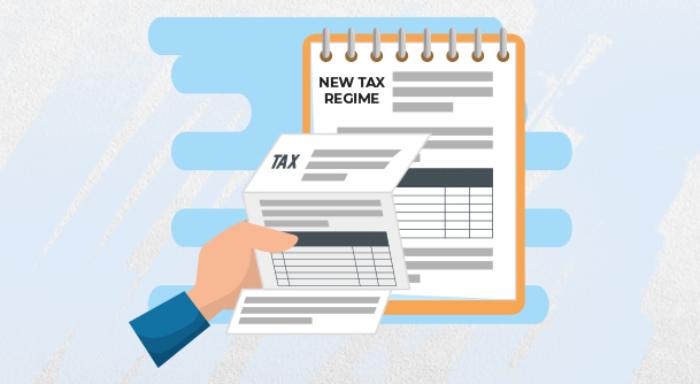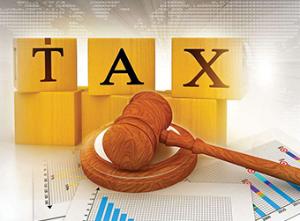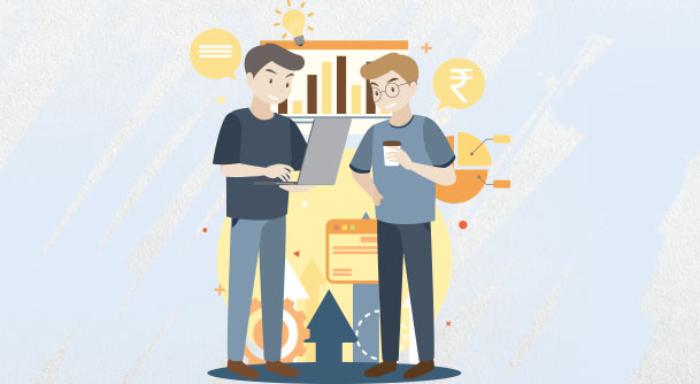Unravelling Income Tax Allowances: A Comprehensive Guide to Tax Saving
Blog Title
330 |
Did you know that the highest taxpayer in India is not anyone from among the top 100 richest individuals? This is because they take advantage of the government’s tax deduction provisions that help them minimise their tax liabilities. You can do that too!
By using the various options provided by the income tax department of India, every individual can claim tax deductions and save more money in the process. Read on if you are among the 94% of Indian taxpayers whose tax is deducted directly from their salaries.
What Exactly are Income Tax Allowances?
The reimbursements you receive from your employer for specific activities are considered to be income tax allowances. These include House Rent Allowance (HRA), Dearness Allowance (DA), Food Coupons (Food Allowance), Leave Travel Allowance (LTA), etc. These allowances are generally a fixed amount set by the employer, and most of them are also taxable.
Some allowances are fully taxable, such as DA, MA (Medical Allowance), CCA (City Compensatory Allowance), and SA (Servant Allowance). Others are partially taxable, such as HRA, TA, CEA (Child Education Allowance), CFAA (Compensatory Field Area Allowance), HAA (High Altitude Allowance) etc. Your salary will be an aggregate of your pay and the allowances provided by your employer. Check out the latest list of all allowances available in india to learn more.
What are Deductions?
Section 16 of the Income Tax Act (ITA) allows salaried employees to deduct a certain amount from their taxable income before total tax for a fiscal year is calculated. Deductions help reduce your taxable income, and therefore, you end up paying less taxes by the end of the year. There are 3 broad categories of deductions available to salaried workers:
- Standard Deductions
These are available to all salaried individuals, including pensioners. This is the unconditional absolute amount that is considered untaxable, for which no documents are required. It stands at a ceiling of ₹50,000 per year for everyone, irrespective of the annual income.
- Deductions on Entertainment Allowance
This deduction is available to only state or central government employees who receive an entertainment allowance (EA). The deduction is the lowest of the following:
- Total EA received in a financial year.
- 20% of the salary, excluding any allowance or prerequisites.
- Up to ₹5,000.
- Deduction for Professional Tax
If you pay professional tax in the form of a deduction from your salary, it can be deducted from your taxable income. Even if it is paid in advance, professional tax is added to an employee’s income as a prerequisite and is deductible from the gross salary.
Additional Deductions Salaried Employees Can Take Advantage Of
In case your employer has a distinct salary structure, and you are unable to benefit from professional or entertainment deductions, there are certain expenses you can deduct from your salary to bring down your taxable income. These deductions are independent of the salary package that you draw. They are based on what you do with the money you get in hand.
Since these deductions are beyond your salary, you must submit the necessary and relevant documents to claim deductions while filing your Income Tax Return (ITR). In addition, short-term capital gains under Section 111A and income under Section 115A of the Income Tax Act are also tax deductible.
You can check out the entire list of deductible expenses from the Income Tax Department’s website to find ones that apply to you. Look at Sections 80C, 80CCC, 80CCD, 80CCH, 80D, 80DD, 80DDB, 80E, 80EE, 80EEA, 80EEB, 80G, 80GGA, 80GGC, 80TTA, 80TTB, and 80U. These include several deductions you might not be aware of, including medical treatments for which upfront payment is made, interest paid on loans, donations (non-cash if more than ₹2,000), or deposits in certain cooperative societies.
Some of the most popularly used deductions include:
- Premiums paid for life insurance.
- Contributions to Employee Provident Funds.
- Tuition fees paid for the education of 2 children.
- Equity-Linked Savings Schemes and Unit-Linked Insurance Plans.
- Deposits to Senior Citizen Savings Schemes, such as the National Pension Scheme (NPS).
- Certain government-recognised investments.
- Subscriptions paid or any notified deposit schemes invested in with a banking company or post-office.
You need to keep all relevant documents safe until they are submitted while filing your income tax returns. You can also inform your employer about these deductions at the beginning of the fiscal year to reduce the monthly Tax Deducted at Source (TDS) from your salary. However, you will still need to fill out your ITR and submit all relevant proofs for the claimed deductions. Additionally, each deduction has an upper limit, and a few also have minimum income criteria. Go through the details of these deductions carefully to save more on taxes!
Chirag Iyer - BFSI Enthusiast
Chirag is a writer and an avid reader who loves to drink coffee! His other interests include boxing, karate, and singing.


